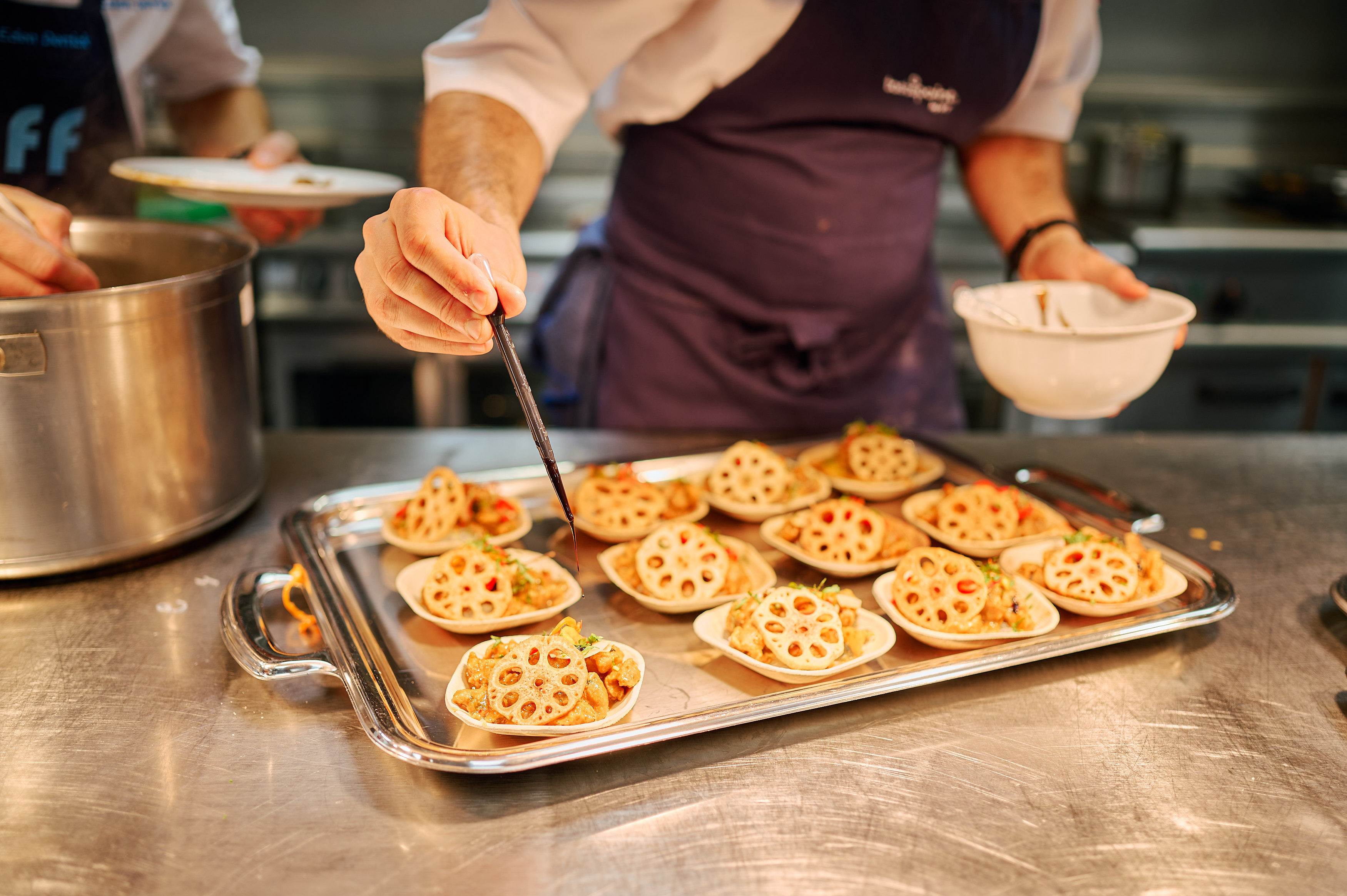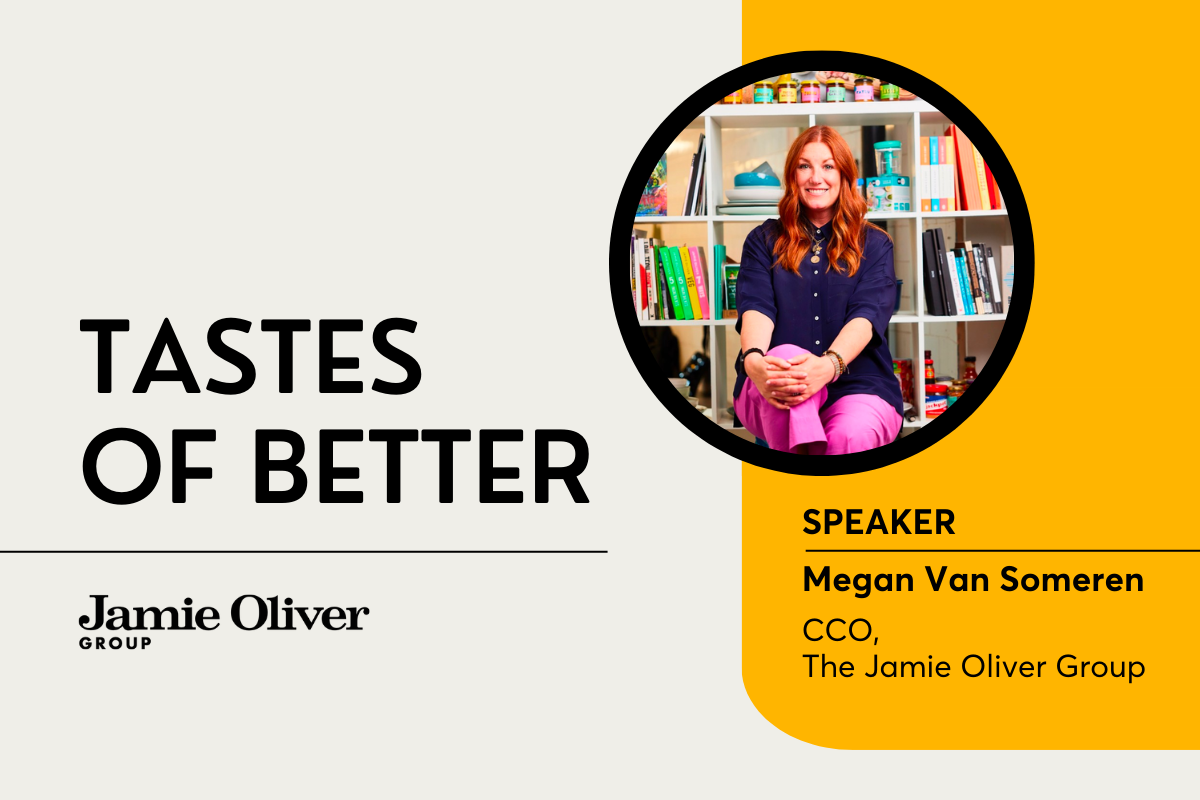Your journey to university: what to prepare and how to secure your place

Applying to university is incredibly exciting. Whether you’re in your last year at school or applying as a mature student, university can offer you a wealth of opportunities to benefit your future. As well as being a place where you can really hone your knowledge of a particular subject, find new hobbies, build essential life skills and make friends for life, it is also a space where you will get a degree which will be key to helping you secure your first job.
Unsure how or when you should start thinking about university or that dreaded application? Follow these tips to be sure to secure your spot somewhere you’ll love.
Be ahead of the game
While you might think you have ages to sort your university applications, you should start thinking about them before you begin your A-levels if you can. The earlier you begin planning, the less hectic the process will be. The official UCAS deadline can vary depending on the course you choose and the provider, and your school may also set its own deadline to ensure all students get their applications sent well in advance of final exams. Be sure to check with your school’s career advisor or your head of year for information on deadlines.
If you’re lucky enough to know you want to study something food-related at university you should make sure you are studying the right subjects to be in with a chance of receiving an offer. Some courses which are more science-based such as Nutritional Sciences or Dietetics will require prerequisite A-Levels in Biology and Chemistry, while other courses such as a BSc in Food Marketing may only require you to achieve a certain series of grades in any subject. Every university however has different requirements, so it’s important to check you’re studying the subjects you need as well as obtaining the necessary grades.
Make sure you do your research! Start searching what universities offer your preferred course and where they are in the country. If you can, visiting university open days are a great way to get a sense of the campus environment and to meet some of your potential future tutors. If you can’t get to the campus in person, many universities offer virtual tours and open day events. Many course leaders would be delighted to have a quick chat with you about their course online or on the phone – a concept that terrifies many, but it’s the best way to get a sense of whether you’ll get what you want out the university and the course.
Don’t be afraid to ask your subject teachers about your progress while you’re studying with them, they’re also on hand to support you as you apply, being able to assist you with putting together your personal statement as well as preparing you for interviews if your prospective course demands one.
Writing your personal statement
Your personal statement is a vital part of your application, so whatever you do, don’t leave it until the last minute. This piece of writing has a limit of 4,000 characters – approximately 500 words – so you need to be able to tell your university why you want to study with them concisely.
Your personal statement offers you the chance to sell yourself to the department you’re hoping to join and helps them get an idea of the person behind the predicted grades. This piece of writing allows you to explain why you want to study with them and at the university itself and why you think it’s the right course for you. It is the one part of the application where you are allowed to show some personality too, so don’t be afraid to mention any hobbies you have that may link well to your chosen course. For example, a passion for cooking, nutrition, or sustainability, which has influenced your interest in food will highlight your interest.
What is UCAS and how does it work?
The Universities and College Admissions Service (UCAS) is the platform you will need to use to apply to an undergraduate course at any university in the UK. Most universities don’t allow you to send applications directly to them, so knowing how UCAS works is key to getting your application over to your preferred universities on time.
You will first need to register an account on the UCAS Hub to begin your application. When completing the online forms, you can choose up to five different courses from the same or different universities. The application process isn’t free, costing £22 to apply to one university and £26.50 for two to five choices (for the 2022 entry). It is usually recommended you apply to five courses just to give yourself the best chance of getting a decent offer.
The application will include a section to enter any employment information you have, as well as a space to enter your qualifications you have so far (your GCSEs or equivalent), and your predicted grades for your A-Levels International Baccalaureate, or an equivalent qualification. There will also be space for you to identify your pre-settled/settled status if you are an EU applicant (though Irish students are exempt from this). If you don’t have this, you may have to identify yourself as an international student (this is to make it clear to university admissions teams what tuition amount you will pay).
Once the application is sent off, all you can do now is wait and see! Some universities can get back to you with a decision about an offer within three days, whereas others could take several weeks. Depending on your course, you may be invited to take part in an interview before an offer is or isn’t granted. Once you hear back from all your choices you applied to, you’ll be asked to make a final first and second choice. This is to ensure you have a back-up in case you fail to meet the grades your first-choice offer requires.
If it all seems a bit daunting, don’t worry, you won’t need to do this all on your own! UCAS hosts a remote ‘Discovery Online’ event to help answer any questions you have about the site or the application process. Your school should also either host a series of talks where you will be able to have all your queries solved. If you need help, find time to speak with your school or college career advisor or head of year – they’re there to help you!
What to do on Results Day
So, what happens once you’re accepted, or if you’re not? Results day is both exciting and incredibly nerve-wracking, and if you haven’t gotten into your top choice university, it could also be quite daunting. On the day itself, you will probably need to go into school to pick up your results, where you will be able to get immediate advice from your teachers on what to do next.
By logging into your UCAS account on Results Day you should have received a response from your first-choice university telling you if you have been accepted.
If you haven’t, your second-choice university may have accepted you instead. If neither of these options are the case, or if you’ve had a change of heart about whether the universities you applied to are right for you, plenty of other options are available through Clearing. While the application process for Clearing opens in July, it doesn’t close until the middle of October, so you have plenty of time to decide. Saying that, places fill up quickly on Results Day, so if you’ve found somewhere you’d like to study, it’s best to make your application as soon as you can to ensure your place. Again, make sure you speak to a head of year or careers advisor on the day to help you with the application process. Oh, and one final thing – remember to take a deep breath, you’ll be fine!









